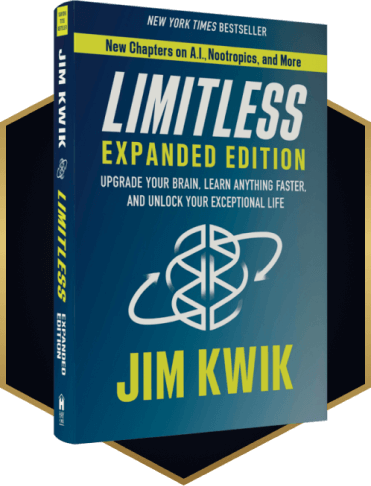How can you optimize your brain power in a changing world?
For many people, the Covid pandemic had long-lasting effects that they’re struggling with today. You’ve likely heard of Covid brain, marked by brain fog, sleeplessness, anxiety, depression, and focus and concentration issues. These are serious issues, but one of the things that hinders recovery from long-term health issues is your ability to have an optimistic outlook.
I’m excited to welcome my guest, Oz Garcia, to go in-depth on this subject today. Oz is an expert on anti-aging, longevity, and fortifying the immune system. He’s a trailblazer in nutrition and author of multiple books, including his newest, After Covid: Optimize Your Health in a Changing World.
Recovery is more than simply feeling better. You have to strengthen your immune system, replenish your brain, and rediscover your sense of meaning. No matter what issues you’re currently dealing with, if you’re looking for great protocols to optimize your brain in a constantly changing world, this episode is for you.
If you’re inspired, I want to invite you to join me in my brand NEW 10-day course, specifically designed to boost your productivity. I know it sounds too good to be true, but I give you step-by-step guides using the accelerated learning model to help you get more done and achieve your goals. Visit http://kwikbrain.com/productivity to join me today.
Link to Free Speed Reading Masterclass
See Privacy Policy at https://art19.com/privacy and California Privacy Notice at https://art19.com/privacy#do-not-sell-my-info.







